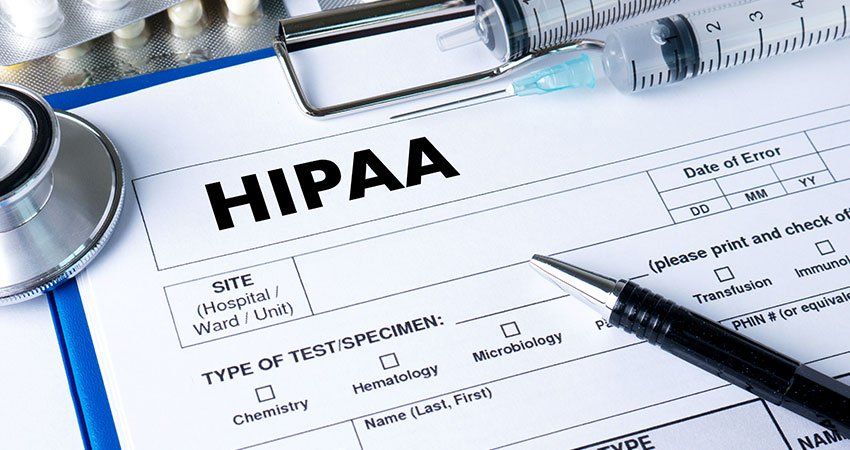Services
HIPAA Authorizations
Healthcare Privacy
In recent years there have been some amendments made to health care law. For a complete estate plan, there is now an additional document known as a HIPAA Authorization, which may make a significant difference to the overall quality of health care that you receive.
HIPAA is the acronym for the Health Insurance Portability and Accountability Act. It was executed by the U.S. Congress and endorsed by Bill Clinton in 1996. It has been deemed the most momentous act of Federal legislation to have an impact on the health care industry since Medicaid and Medicare came into effect in 1965. The HIPAA law officially became active on July 1, 1997.
The HIPAA law is an amalgamation of regulations aimed at reducing abuse and fraud within the health care industry, with its intention being to simplify the overall complexity of the enterprise. The law ensures that employees and their families have continuous insurance coverage in the event of a loss or change of job. It also enforces the strict use of security standards to protect personal health information. The law aims to reduce the numbers and amount of fraud within the health care industry, as well as to enhance data storage systems.
Under HIPAA, every aspect of your health care information is protected. That includes all data that has been received or created by a “covered entity” pertaining to a patient’s physical or mental health condition. Pharmacies, health care providers, insurance companies and nursing homes are all encompassed in the definition of a “covered entity.”
The United States Department of Health and Human Services has now implemented substantial financial penalties on medical providers in violation of the HIPAA law. In order to prevent lawsuits, health care providers have imposed strict sanctions on those who have access to client medical records. Therefore, it is now essential that the HIPAA Authorization is a part of an estate plan. In the event of future illness or disability, you must nominate a friend or relative to make medical decisions on your behalf. The appointed individual will have the authority to access all of your medical information.
You have the right to recant the nominated individual at any time. The authorization form will document this right, as well as specify the procedure for revocation. This will take effect when the health care provider receives a written request.
The range of information relating to the HIPAA Authorization can, at times, overwhelm those who are unfamiliar with the legal technicalities. If you want to ensure that your appointed trustee or family member, guardian or power of attorney will have access to your health and medical records in the event of sudden illness or a disability, it is essential that you have both a valid HIPAA Authorization and Health Care Power of Attorney. All documents are prepared by an estate planning attorney to ensure that they are effectively drafted and signed.



